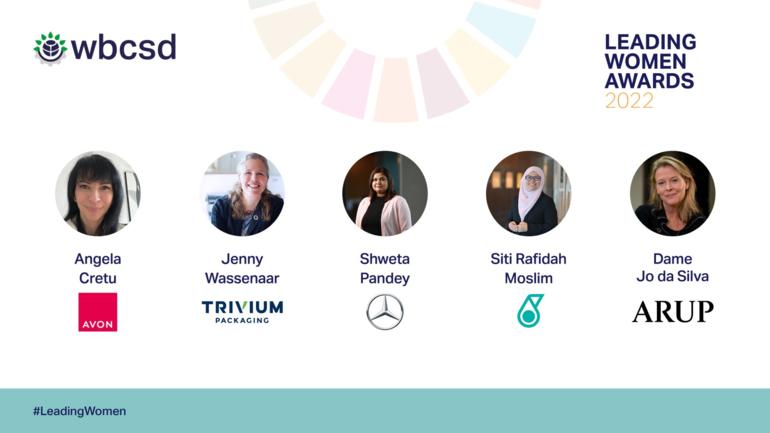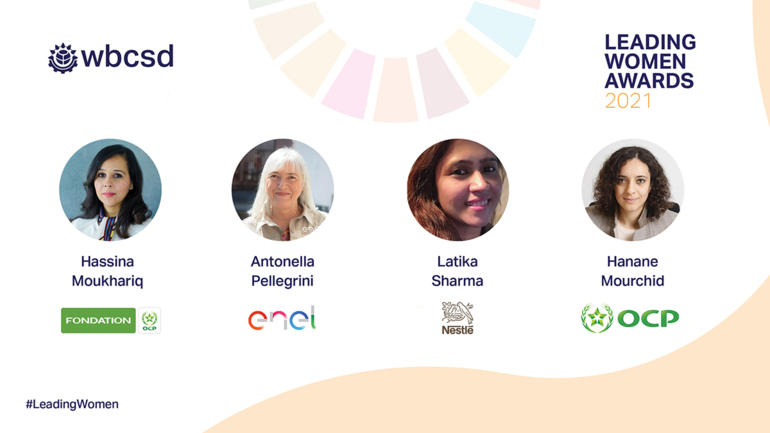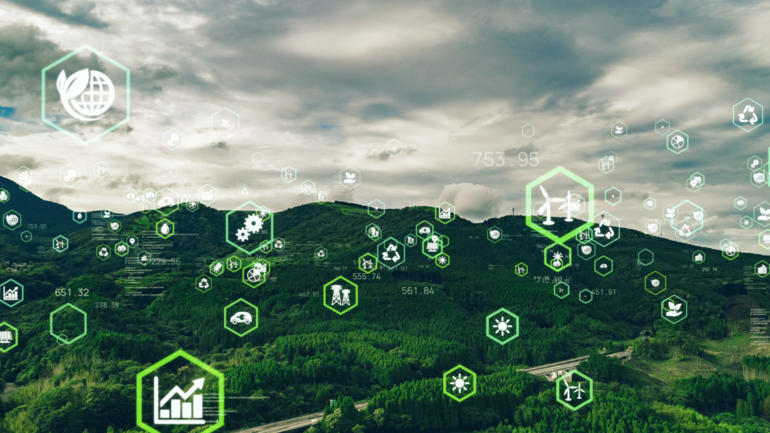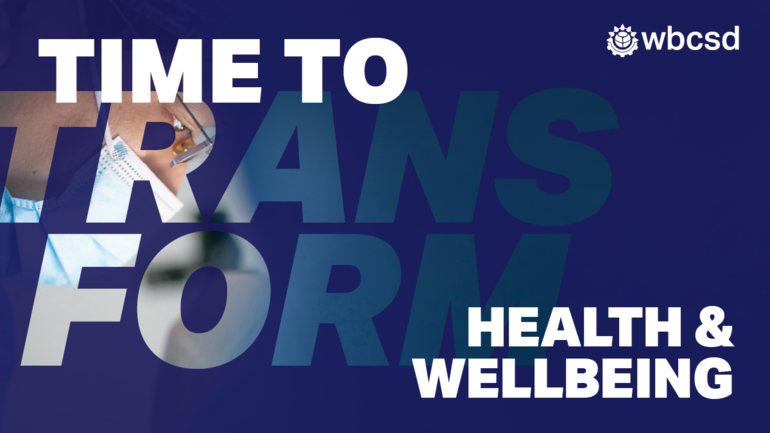New York, 25 September 2018: Today the global change agency Futerra, the UN 10YFP Sustainable Lifestyles and Education (SLE) Programme and partners including the World Business Council for Sustainable Development (WBCSD), launch the Good Life Goals – a set of actions for individuals around the world to help support the Sustainable Development Goals (SDGs).
These new Good Life Goals highlight the vital role of individual action in achieving the ambitions of the SDGs. They were created to be relevant, easily understood and accessible to individuals all around the world. Simple, positive, and engaging by design, the Good Life Goals detail the things that people can do to have tangible impact on the SDGs.
The Good Life Goals have been shaped through a multi-stakeholder collaboration between Futerra, the 10YFP SLE Programme, co-led by the governments of Sweden and Japan represented by the Stockholm Environment Institute (SEI) and the Institute for Global Environmental Strategies (IGES), as well as UNESCO, UN Environment and WBCSD.
Launching the Good Life Goals at the United Nations Headquarters, Solitaire Townsend, Co-founder of Futerra said, “I believe that individuals are just as important as institutions when it comes to changing the world. As citizens, parents, neighbors and consumers, our decisions matter. By sharing a set of clear Good Life Goals and meaningful actions for each Sustainable Development Goal, we can build confidence that everyone is important, needed, and can contribute to achieving the SDGs. Changing the world has never just been about policies or products, it always comes down to people.”
From a business perspective, the Good Life Goals stand to provide companies with valuable insight into the ways the SDGs link to the actions, activities and lifestyles of their customers. This understanding can help brands more effectively engage with people around the behaviors that are connected to their products and services, driving positive action in support of the SDGs.
The Good Life Goals can also be leveraged to channel new product development in support of the SDGs. Exploring the linkages between people's day-to-day lives and the SDGs will help businesses to identify innovation opportunities capable of offering better and more sustainable lifestyles.
Finally, the Goals provide companies with a simple tool that they can use to enhance awareness of the SDGs among their own staff and promote a corporate culture that is aligned with the 2030 agenda.
Julian Hill-Landolt, Director of Sustainable Lifestyles at WBCSD, said “the Good Life Goals provide an exciting new perspective and opportunity for business. More and more companies are aligning their strategies to the SDGs but there hasn’t always been a clear way to engage employees and customers in the conversation, or the steps being taken to make businesses more sustainable. The Good Life Goals can help companies understand how their products and services are associated with the SDGs, using that as a way to connect with, engage and even inspire their communities into action in support of the goals.”
Peter Repinski, Senior Expert and Co-lead Representative of the UN 10YFP Sustainable Lifestyles and Education (SLE) Programme at Stockholm Environment Institute said “these Good Life Goals offer an ‘on-ramp’ to a wider discussion around sustainable lifestyles and development. Their value comes from reaching those that the SDGs have not yet reached. Sustainability won’t be solved by institutions without individuals. The Good Life Goals are an invitation for each of us to take part, backed up by clear and concise actions relevant to lifestyles worldwide and in different cultural contexts."
The Good Life Goals will serve as a communications and educational tool to engage the global public in the SDGs. The goals are created for individual action and will be used by brands, NGOs, and governments to engage their audiences effectively in influencing our collective sustainable development. For instance, companies that support ‘sustainable lifestyles’ will be able to focus their efforts on how their work can align with personal behavior.








